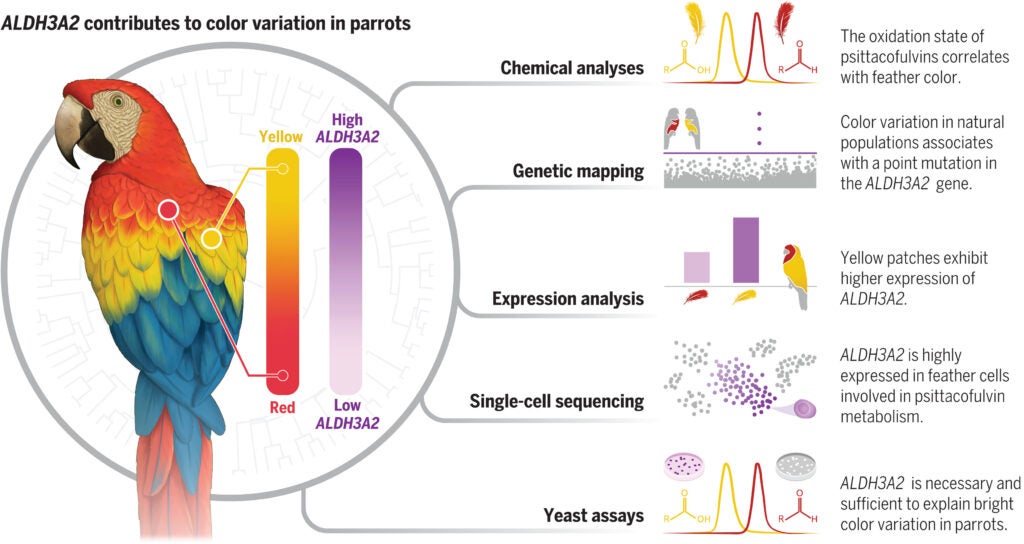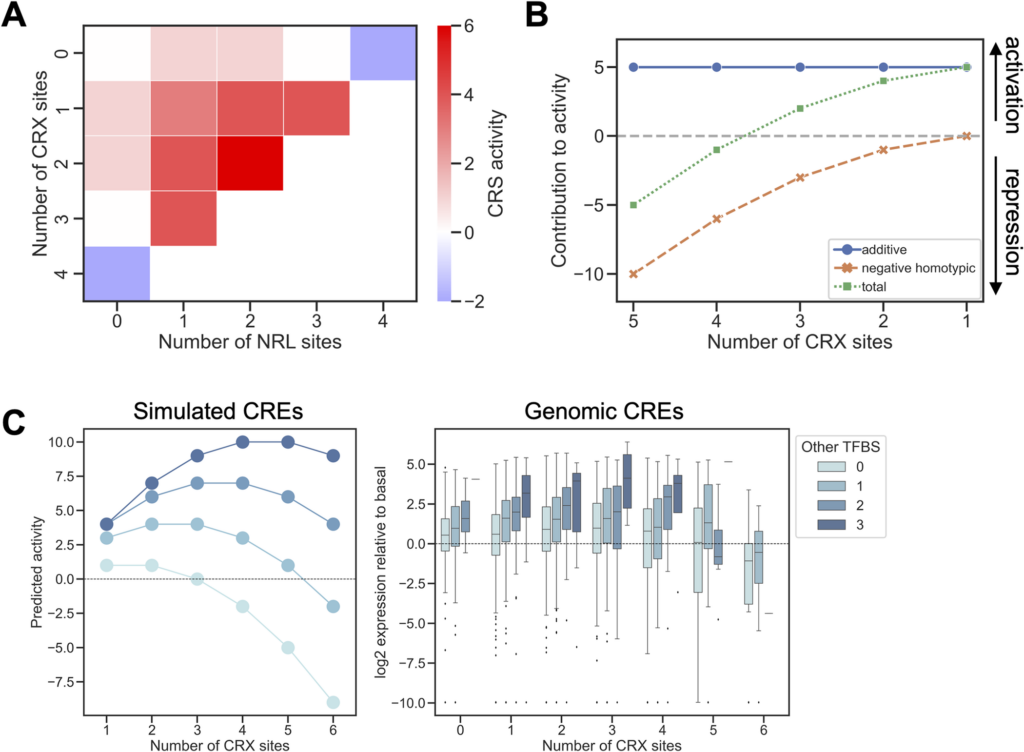
White Lab | Google Scholar Profile
Education & Training
- PhD in biochemistry (2006), University of Rochester School of Medicine, under Dr. Mark Dumont
- Postdoctoral fellowship (2006-2012), Washington University School of Medicine, under Dr. Barak Cohen
Research Interests
To understand how regulatory sequence is interpreted by the cell, we require systems-level, biophysical models that describe how transcription factor concentration, affinity, cooperatively, and competition convert sequence information into specific patterns of gene expression. With such biophysical models in hand, we will better understand the physical basis of transcriptional programs in development, cell division, and differentiation, and we will improve our ability to predict the effects of non-coding genetic variation on disease risk and progression. These models will lead to better interpretation of the results of high-throughput genome occupancy experiments such as ChIP-seq, and they will strengthen our ability to identify functional regulatory elements in the genome. A biophysical understanding of cis-regulation will also enable us to rationally engineer transcriptional circuits for health, agricultural, and energy applications. In my work, I use quantitative and high-throughput data together with physical models to understand the biophysical basis of cis-regulatory logic.

